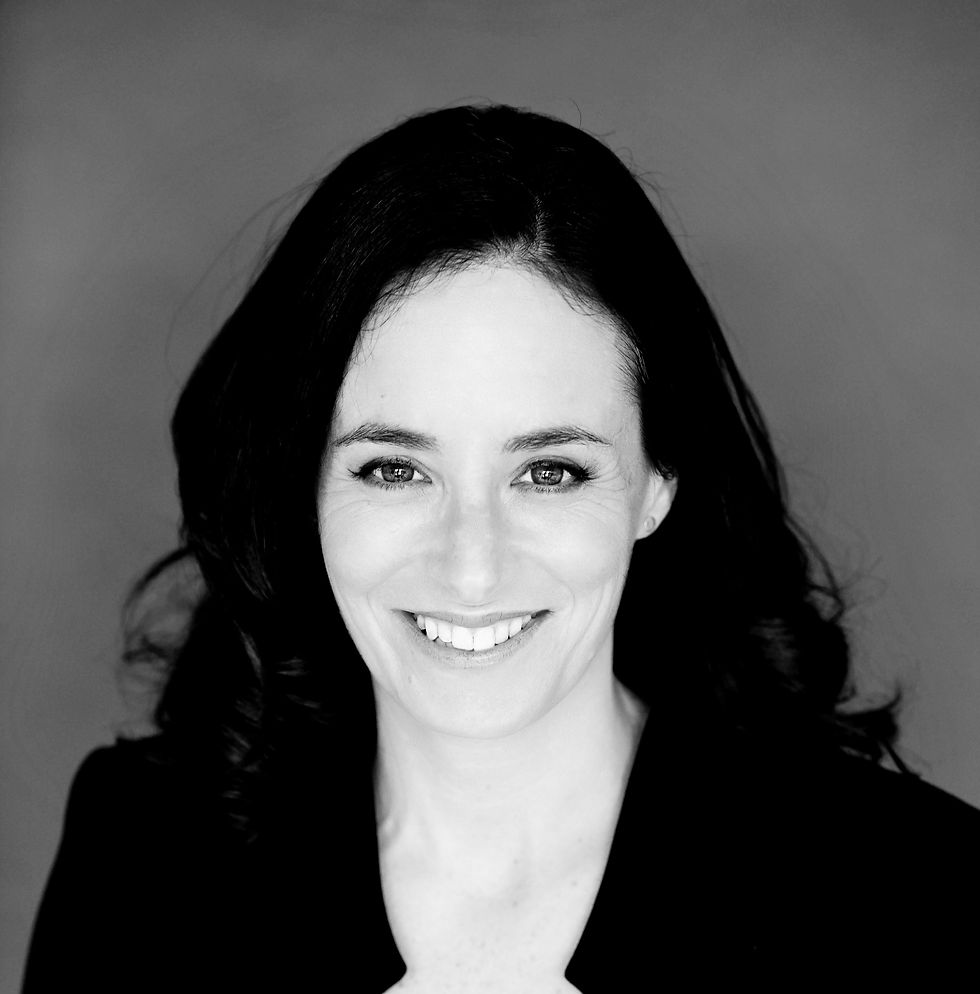What A Couple of Hippies Taught Me About Work
- Lauren Malach
- May 3, 2019
- 3 min read
Updated: Jun 5, 2020
Whether intentional or not, the values conveyed by our parents, grandparents, caregivers, and siblings have a significant influence on our work-view.
Our upbringing can shape the professions we choose, how we feel about work-life balance, and the purpose of work.
A recent article in the Harvard Business Review highlighted the research of Iona Lupu. Her research shows that our upbringing can have an enduring influence on our work and career decisions — and that what we subconsciously learn from our parents plays an important role, specifically in how we think about and manage work-life balance.
Before I jump into the story of what two hippies taught me about work and life; I want to ask you:
What were you taught about work? Was it something to endure until retirement, or could it be fulfilling?
How did your parents balance work and life?
Are their work values true for you today? Or have you created your own?
Without further digressions, here's my story.

When I graduated from university with my Arts Degree, I got my first job-- working for my mom.
The job was helping her sell women’s accessories at gift shows and markets. The reasons I chose it were simple: she paid me cash, I didn’t have to work in an office and I had no idea what else to do.
Growing up, I witnessed the contrasting career paths of my parents.
When they first got married, they worked together selling plants in flea markets. They kept me in a basket under the table. It was cool, fun and cash only.
But then my father felt the pressure to get "real" and took a job at his father's truck parts distribution company.
My mom continued selling stuff at markets, progressing from plants to purses.
Dad did not find personal satisfaction in his job, yet stayed in the family business for three decades until a year before he died. He stayed because it offered prosperity and security to his family— a luxury he didn't want to give up.
On the other hand, my mother always loved her work. It was her passion, and she was deeply engaged, despite the back-breaking schlepping for 30 years. Even today, though she doesn't have to work, she still works the occasional sale just for fun. Her work gave her joy, pride and excitement—benefits that could not be quantified.
From my adolescent observation, there seemed to be two divergent paths one could choose; the path of security or passion. I think many of us see it in these stark terms. You get one or the other.
But as I got older, I realized the picture had more shades. It wasn't that black and white.
My father found alternative ways to infuse his life with meaning and purpose. Over the years, he nurtured multiple channels to build a meaningful and joyful life. He got involved with the synagogue, establishing the Out of the Cold program there, joined a men's meditation group, and regularly went to the ballet, symphony and jazz performances.
It wasn't unusual for him to go the first act of a jazz series at the North York Performing Arts Centre and then high tail it downtown to see the second half of a ballet. On the same night.
When he passed away a year shy of his sixtieth birthday, he had no regrets about his life choices. He was utterly satisfied, having squeezed every last drop out of life.
My mother took her profits and invested them. First, in a pre-construction townhouse, then in a condominium. Her work, which had always centred around enjoyment, became her nest egg.
We often think we need to choose security OR enjoyment. But is it possible for more of us to have more of both?
It may take a new perspective; identifying new channels to fulfill your needs. You may need to alter your viewpoint and get creative, but it is possible.
Your friend in learning and growth,





Comments